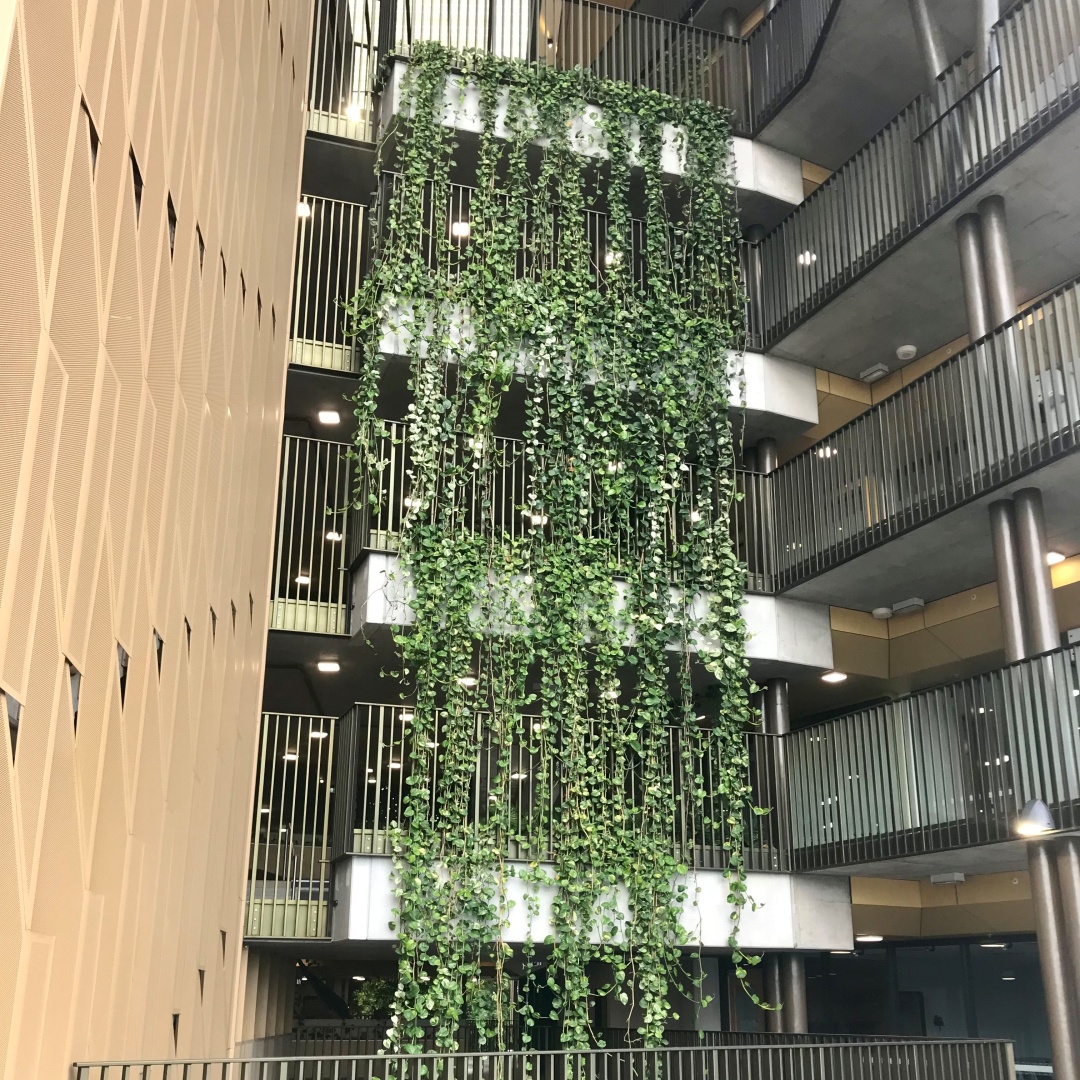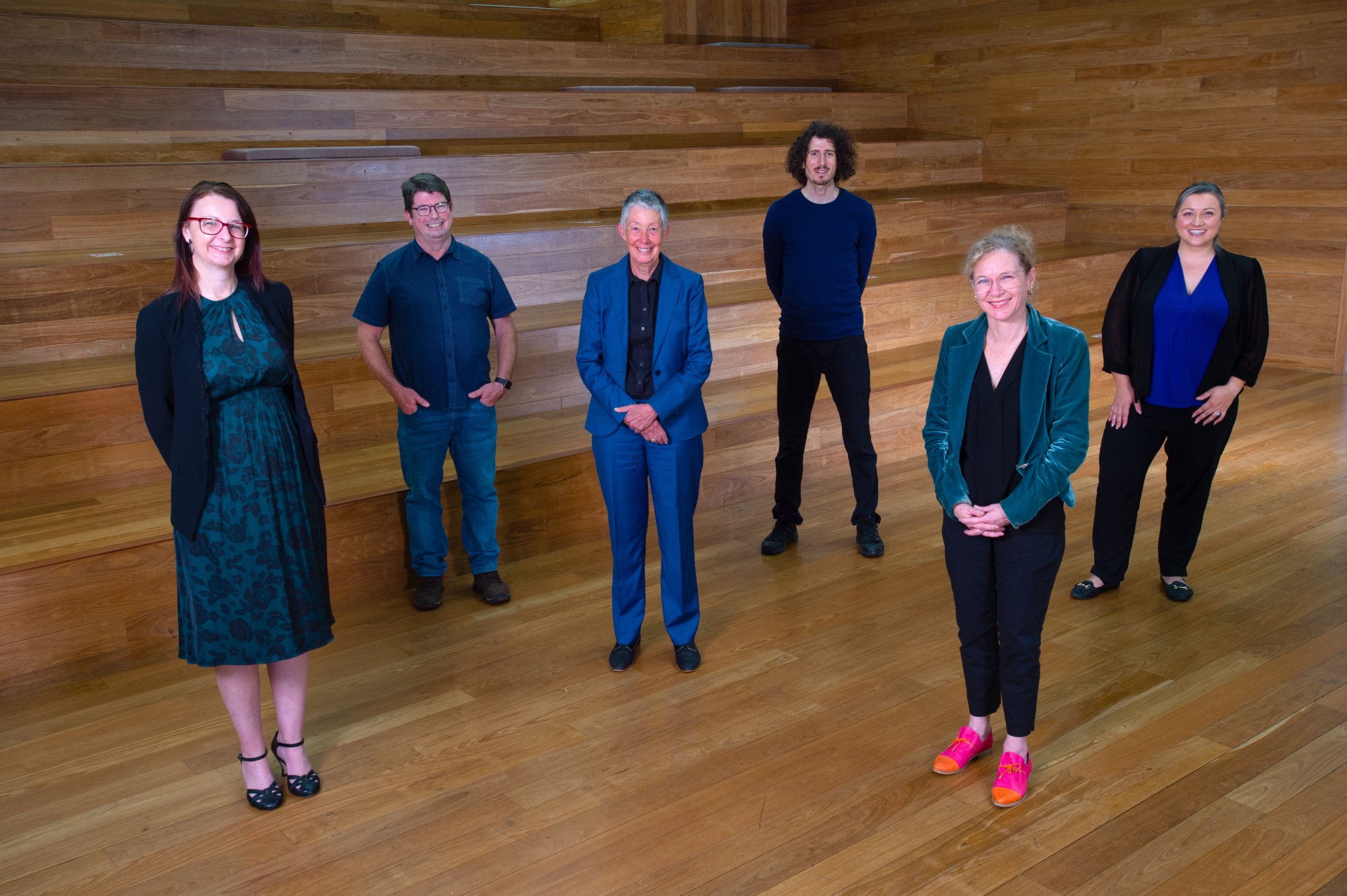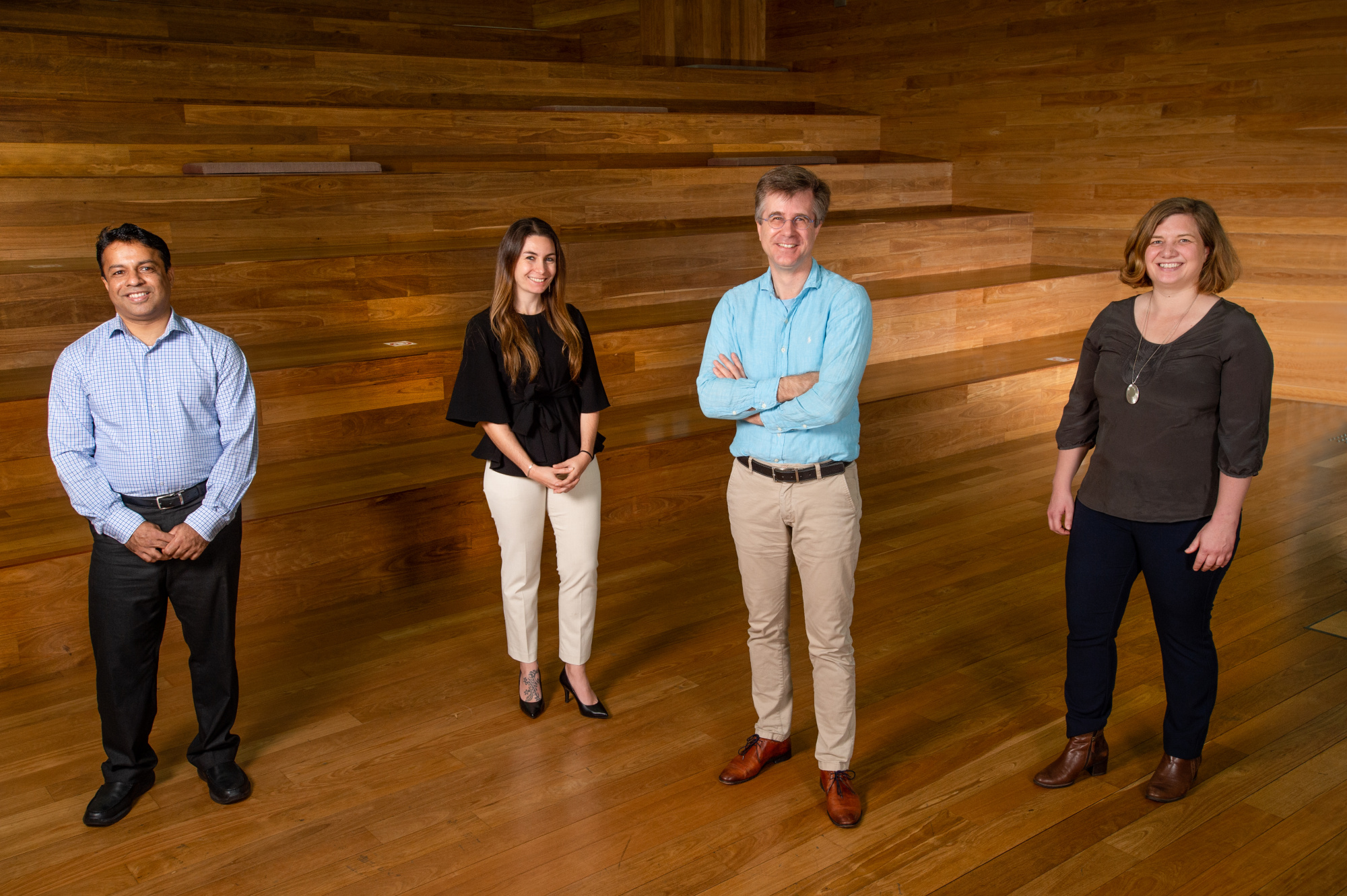
QUT has been awarded $843,854 in grants and $1,105,993 in cash and in-kind partner contributions for two research projects – one to investigate the impact of new vertical schools on student’s capability and wellbeing, and another to develop an advanced filtration material for water management systems.
Minister for Education and Youth, Hon Alan Tudge announced the grant funding as part the Australian Research Council (ARC) Linkage Program, which brings Australian university researchers together with industry leaders to develop products and ideas that will grow the economy and improve our society.
The ‘Impact of urban vertical schools on students’ capability and wellbeing’ project received $363,854 in ARC funding and $451,695 in cash and in-kind partner contributions. The project will provide a case study to guide future education, design and infrastructure decisions.
“A growing urban population and shortage of urban land is compelling Australian education providers to invest millions of dollars in a new vertical architectural type – schools with at least seven storeys,” said chief investigator, Associate Professor Jill Willis from the QUT School of Teacher Education and Leadership, and the QUT Centre for Inclusive Education.
“But there are no evidence-based Australian precedents to guide designers or educators, and no formal knowledge sharing processes that draw on experiences of pioneers,” she said.
 Associate Professor Willis said high density urban locations could lead to greater student agency through curriculum connections to local communities, but also wellbeing stress with more ambient noise from the city and disconnection from green spaces.
Associate Professor Willis said high density urban locations could lead to greater student agency through curriculum connections to local communities, but also wellbeing stress with more ambient noise from the city and disconnection from green spaces.
“Verticality means school designers consider students’ movement between floors, and light and connection with glass walls.
“This can lead to wellbeing benefits like social connections and exercise, but also visual and sensory overload for some learners.
“We want to understand the impacts on capability and wellbeing, and whether these spaces are experienced similarly by all students, including those in priority equity groups,” she said.
Dr Prue Miles, also a chief investigator on the project, said it would produce design and education principles and evaluation methods to enable knowledge sharing between educational leaders, architects, builders and designers and governments.
She said insights into student experiences in urban vertical school spaces were also expected to have value for infrastructure spending on all schools.
The three-year project builds on QUT's relationship with and investment in Brisbane’s Fortitude Valley State Secondary College (pictured above).
It is due to commence in 2022, but knowledge sharing with the Fortitude Valley State Secondary College would start now, and from 2023 with other vertical schools, Prahran State High School in Melbourne and Adelaide Botanic High.
Joining Associate Professor Willis and Dr Miles will be QUT chief investigators, Professor Jill Franz, Associate Professor Jenna Gillett-Swan, Dr Nick Kelly, and Dr Andrew Gibson. Partner investigators include Associate Professor Stuart Poyntz and Dr Kylie Boltin.

The research will be a collaboration between QUT and Simon Fraser University, Canada, with partners including: Fortitude Valley State Secondary College; Adelaide Botanic High School; Prahran High School; Australian Secondary Principals’ Association; Cox Architecture; Gray Puksand; ThomsonAdsett; BFX Furniture; Hutchinson Builders; Special Broadcasting Service (SBS) Corporation; and Sound Off for Schools.

The ‘Advanced fibre interfaces in active water management systems’ project received $480,0000 from the ARC and $654,298 in cash and in-kind contributions from partner ROCKWOOL-Lapinus to address urban flooding and environmental protection through improved filtration of stormwater.
“Diminishing water security due to stormwater pollution and urban flooding are compound challenges that most developed nations face,” said chief investigator Professor Christopher Barner-Kowollik from the QUT School of Chemistry and Physics and the QUT Centre for Materials Science.
“Untreated stormwater contains significant concentrations of pollutants, which can raise human health risks and damage urban ecosystems.
“Australia, with 71 per cent of its population living in large urban environments, is especially affected by flooding which has detrimental impacts on the economy and society,” he said.
The research team will design a new fibre coating to stonewool, a fibre-based composite material with brick-like properties and high water retaining capacity that is currently employed for stormwater retention on green roofs, along roads and in parking areas to reduce issues with urban flooding.
“An advanced stonewool barrier would act as a ‘passive’ rainwater retention system, but critically as an ‘active’ filter to stop heavy metals and other pollutants in stormwater from entering waterways and ecosystems,” said Dr Laura Delafresnaye, also a chief investigator on the project.
“The versatility of the coating system could also lead to additional applications to wastewater treatment systems in the mining sector," she said.
The three-year project is due to commence early 2022 and will be a collaboration between QUT and the Netherlands-headquartered company Lapinus which is part of the ROCKWOOL group, the world’s leading manufacturer of stonewool products.

Joining Professor Barner-Kowollik and Dr Delafresnaye will be QUT chief investigators Dr Lukas Michalek, Dr Anja Goldmann, Dr Prasanna Egodawatta who is from the QUT School of Civil and Environmental Engineering and the QUT Centre for the Environment, and partner investigator Dr Neomy Zaquen from ROCKWOOL-Lapinus.
QUT Vice-Chancellor Professor Margaret Sheil AO congratulated research teams on the grant success.
“It is a strong sign of QUT’s inclusive and diverse research landscape that both funded grants are delivered by teams with the majority of researchers being in their early career stages,” Professor Sheil said.
Media contacts
Novella Moncrieff, 07 3138 1150 or novella.moncrieff@qut.edu.au
After hours: Rose Trapnell, 0407 585 901 or media@qut.edu.au


